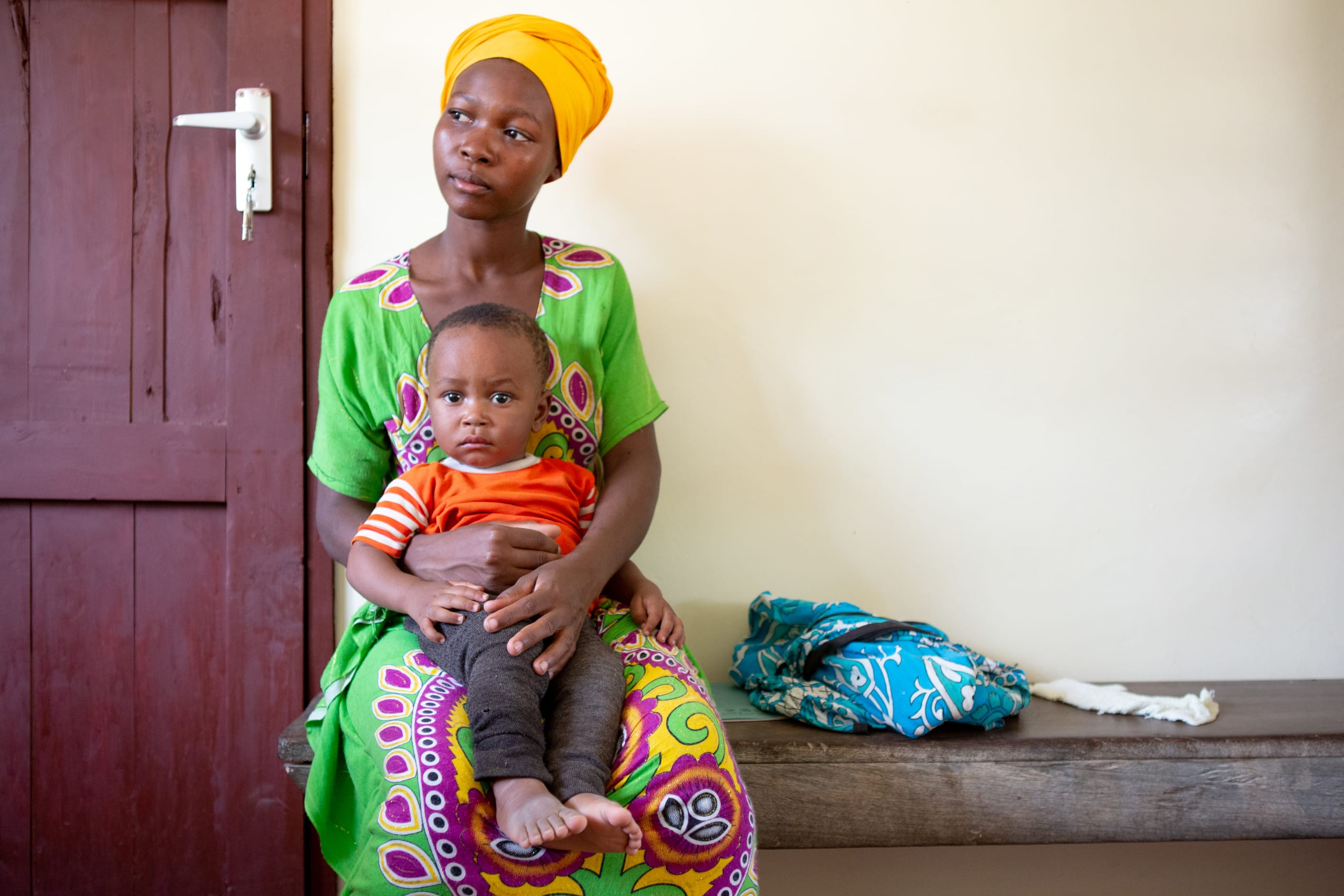PAI Statement Ahead of the 4th International Conference on Financing for Development (FfD4)
As world leaders convene in Seville, Spain, for the 4th International Conference on Financing for Development (FfD4), PAI and our partners join global civil society in calling for transformative, inclusive, and accountable financing that centers people, equity, and rights. With over 60 years of leadership advancing sexual and reproductive health and rights (SRHR), PAI is engaging in the Civil Society and Feminist Forums, as well as official proceedings, to push for a financing agenda that removes systemic barriers and enables countries to sustainably fund their development priorities.
“We are in Seville to make it clear: sustainable development will not be achieved without bold investment in sexual and reproductive health and rights—and a financing architecture that no longer forces governments to trade off what is essential to the health and wellbeing of their people in order to meet the demands of the global financial system,” said Nabeeha Kazi Hutchins, PAI President and CEO. “We are standing with partners across the world to ensure that women, girls, and historically excluded communities are not afterthoughts in global financing—they are the starting point.”
On June 24, the United States chose to walk away from deliberations and the approval of the FfD4 outcome document, known as Compromiso de Sevilla (Sevilla Commitment), which will be formally adopted during FfD4. The U.S. cited concerns related to global financial governance, trade and taxation, UN authority, and provisions related to gender. Regardless of the rationale, the result is the same: the U.S. stepped away from a process designed to support those most harmed by current financing inequities—especially women and girls.
In contrast, more than 190 countries remained committed and approved the outcome document. At a moment when international cooperation is urgently needed, the U.S. chose disengagement over collaboration.
While the outcome document includes commitments to debt relief, domestic resource mobilization, gender equality, and climate financing—it leaves many root causes of inequality and exclusion unaddressed. This is a vital moment for national leaders, donors, and civil society to ensure that structural barriers and bold reforms remain front and center beyond Seville.
PAI is also participating in the Feminist Forum and the Civil Society Forum to help shape a shared vision for equitable, inclusive, and accountable financing.
PAI and its partners will continue to advocate for long-term, sustainable financing for SRHR. This includes access to family planning and contraception, maternal, newborn, and child health, adolescent-responsive services, and action to end violence against women and girls. These are among the most cost-effective and transformative investments governments and donors can make.
For example, every $1 invested in family planning yields up to $8 in savings. Investments to end violence against women and girls can return up to $10 for every $1 spent, while such violence costs some countries up to 3.7% of GDP. These interventions reduce poverty, improve health and education outcomes, and help build more resilient and equitable societies.
“If you are financing climate, education, or economic growth but failing to invest in SRHR, you’re limiting your impact,” said Mustafa Kudrati, Senior Vice President for Program Strategy and Growth at PAI. “SRHR is not a silo—it’s the foundation that allows every other investment to succeed.”
To advance this vision, PAI supports a reformed global financing framework that must:
- Enable low- and middle-income countries to escape financing constraints and reinvest in public goods;
- Support stronger domestic resource mobilization for essential services, including SRHR;
- Hold donor governments accountable to their official development assistance commitments—especially for health, gender equality, and the rights of women and girls;
- Prioritize the role of civil society to inform, shape, and monitor investments in health and development.
PAI remains committed to working with governments, financial institutions, and communities to move from promises to progress. Investing in SRHR is investing in dignity, health, resilience, and opportunity—for everyone, everywhere.
During FfD4, Nabeeha Kazi Hutchins will deliver remarks during a parliamentary convening hosted by the European Parliamentary Forum on the first 180 days of the Trump Administration’s impact on global health and development. She will also deliver opening remarks at a high-level event hosted by the United Nations Spotlight Initiative, in partnership with UNFPA, UN Women, IOM, the Spotlight Initiative’s Global Civil Society Reference Group, and the International Olympic Committee, among others.



